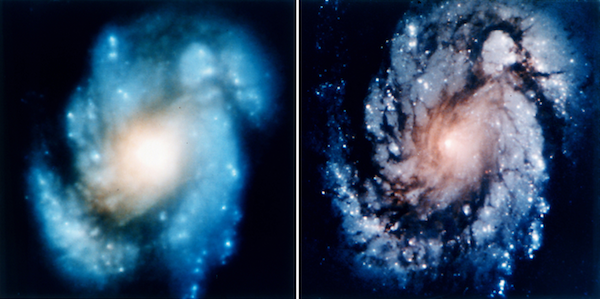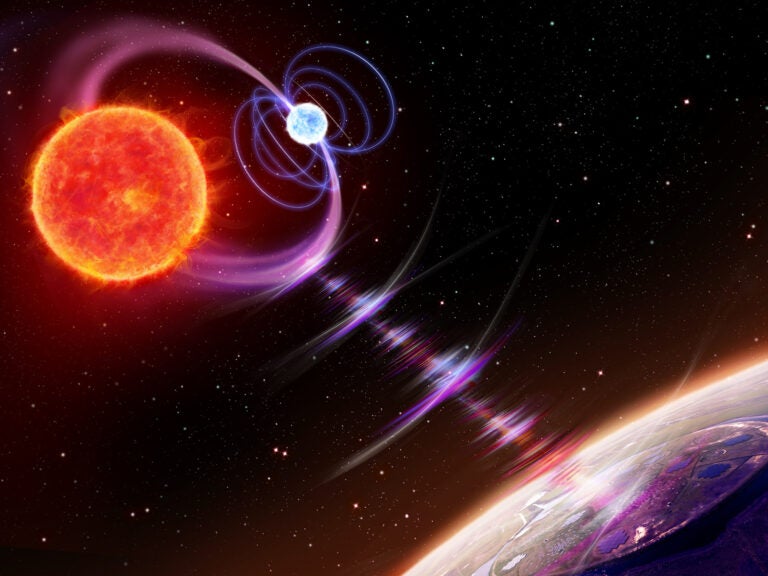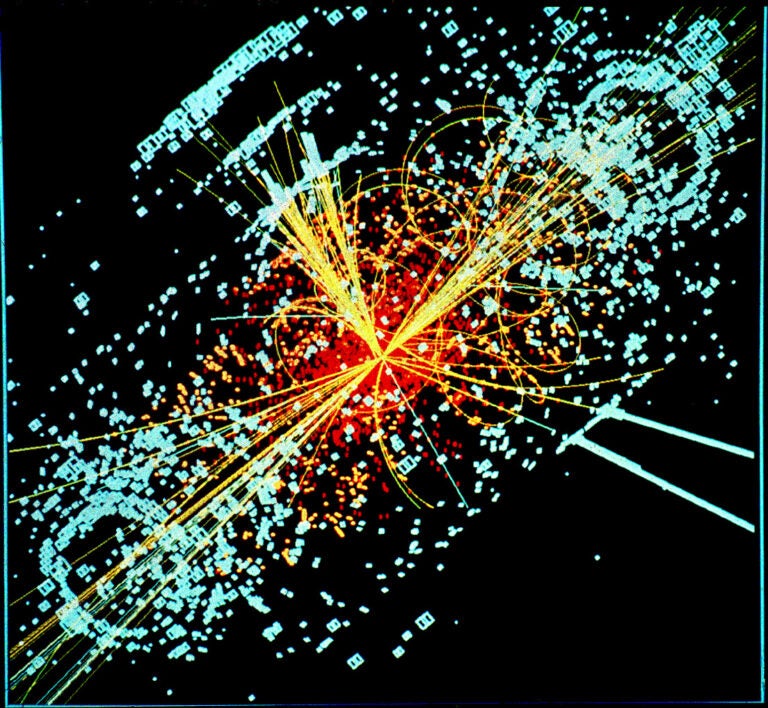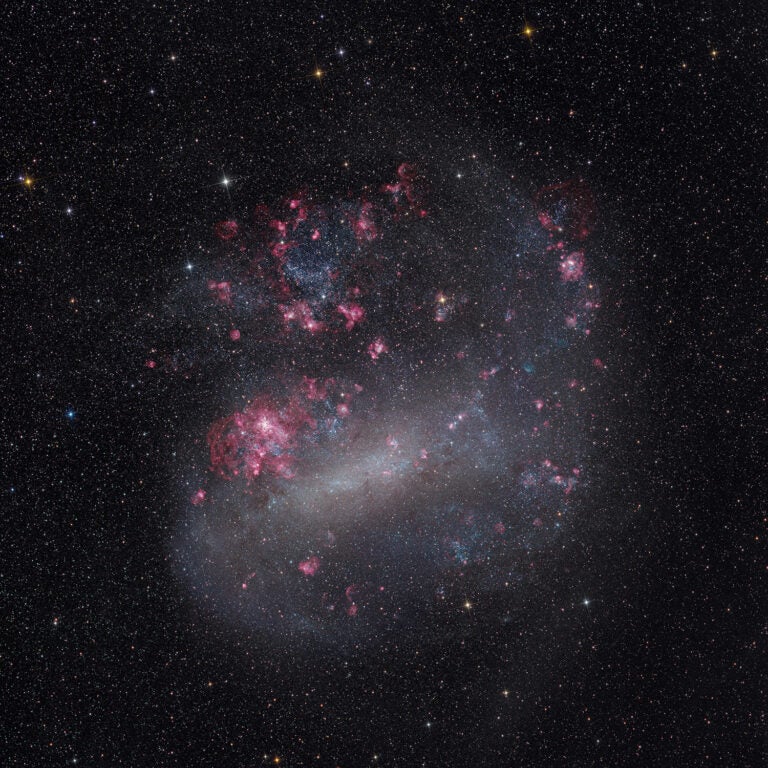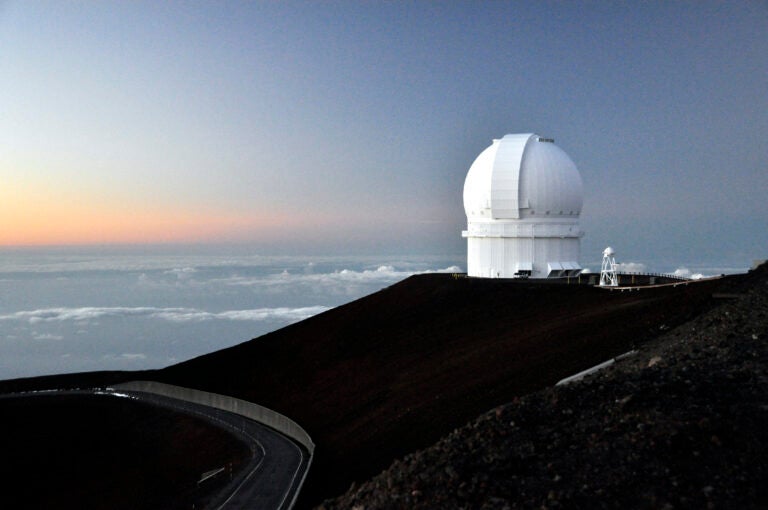Another common dream of that type finds you on a city street, where for some unexplained reason, you’re stark naked. You keep hiding behind cars, darting from doorway to doorway, trying to get home without being seen.
My actor friends tell me they have recurring dreams where the curtain rises and they have no idea what they’re supposed to say. The very worst for me, as a 2,100-hour pilot, is that I glance out the window of my small four-seater, and there’s an enormous airport beneath me. Such airports are always controlled, meaning I’m supposed to be talking to the tower using a specific frequency. Except I’m not. I flew here accidentally; I don’t even know what airport it is, with no way to find the right frequency. So I’m screwed. They’ll get my tail number using binoculars, and I’ll lose my license.
In dreams like these, the dreamer has forgotten what they were supposed to be doing or is doing something notably wrong, while everyone else is getting it right. My question: What are the “school dreams” of professional astronomers? My guess is that they’d be revelatory.
I can easily guess the nightmares of aerospace engineers. Imagine working for Perkin-Elmer’s Danbury Optical System unit — the world’s most prestigious optical firm — in 1981. Their telescopes were of legendary quality, and they were awarded the contract for the Hubble Space Telescope. It had to be the finest 94-inch (2.4 meters) mirror ever made.
Or say you’re in charge of some of the Apollo mission preparations. Your forklift guy drops an oxygen canister, and here’s where you mess up. You check it out, it seems OK with just a scratch on the tank, so you label it as “fine.” But a year later, it blows up halfway to the Moon, scrubbing the billion-dollar mission and very nearly killing the three astronauts.
Of course, those things really happened. As for actual nightmares, I’d rather not guess. To find out for sure, I contacted a few astrophysicists I know and sent them this article up to this point, then asked them to kindly tell me their most recurrent astro-nightmare. To my surprise, Debbie Elmegreen, president of the International Astronomical Union, said neither she nor her astronomer husband Bruce Elmegreen has ever even had an astronomy dream. So I decided not to be selective, but to go with the very first response, which came from Matt Francis, director of the Prescott Observatory in Arizona and formerly an electron microscopist. I quickly realized that it was his former profession that undoubtedly provided his nightmare’s storyline.
“A few years ago, my arthritic shoulder pain was acting up and causing me to lose sleep,” he wrote. “I was also doing some pretty intense reading about the standard model of particle physics at the time. [My wife] Debbie suggested I have a peanut butter cookie she made with butter containing a special ingredient common nowadays here in Colorado, which her sister had given her to help me sleep. I took one single bite from the cookie and went to bed.
“Later that night, I dreamed I was a free electron. From my perspective as an electron, I could sense I was moving at great speed toward what appeared to be a large collection of silver spheres, which in the dream I knew to be atomic nuclei that were attracting me, pulling me in. They were even making a sound: a faster and more frenzied version of the static made by a TV when it’s tuned to a channel that is not broadcasting. I could feel myself being pulled toward those silvery spheres with no control.
“When I entered the chaotic, vibrating collection of atoms, I was violently yanked one way and then another for what seemed like a long time. The static sound was unpleasantly loud. When I jumped awake in a panic, I immediately became sick from the motion and utilized a small trash can near my bed.”
Hmm, well, thanks for that, Matt. On second thought, maybe this dream business wasn’t the best idea for a science column. Forget the whole thing.


